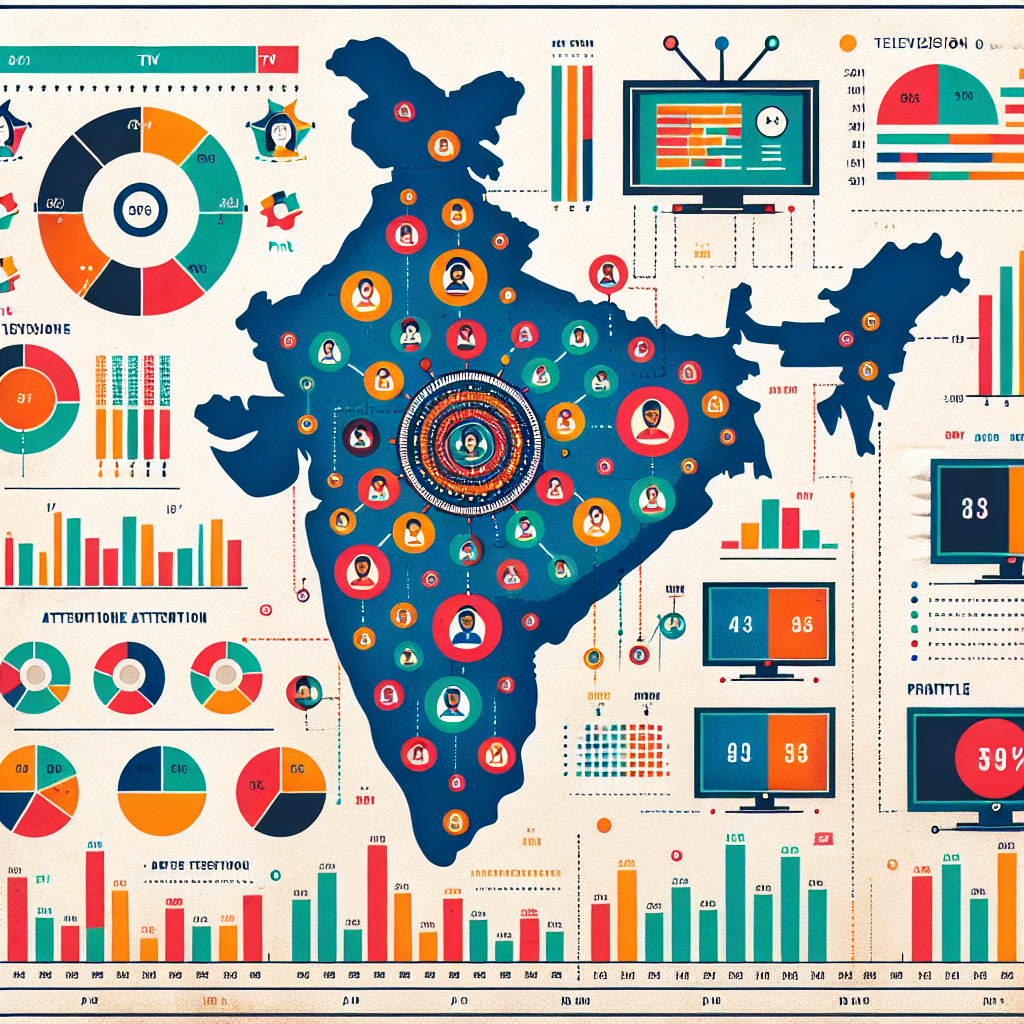Biometric Data & Privacy: The Next Big Challenge in Marketing
It was during a routine shopping trip when Pedro first noticed it—the digital display at the mall entrance that seemed to pause momentarily as he walked by, adjusting its content before he even realized what was happening. The advertisement shifted from a generic promotion to one featuring products he had recently searched online. That fleeting moment sparked his curiosity: how was this system recognizing him without his explicit consent? This question led him down a fascinating path exploring the intersection of biometric data, privacy, and the future of marketing—a journey that revealed both promising innovations and troubling ethical dilemmas.
Introduction
In today's hyperconnected digital ecosystem, marketers continuously seek more personalized ways to engage consumers. Biometric data—unique physical and behavioral characteristics that can identify individuals—represents the new frontier in personalization. Facial recognition, voice patterns, fingerprints, and even gait analysis are transforming how brands identify, track, and target consumers. As Forrester Research notes, the global biometric system market is projected to reach $68.6 billion by 2025, reflecting the rapid adoption of these technologies across industries.
However, this unprecedented access to personal biological identifiers brings significant privacy concerns. As Harvard Business School professor Shoshana Zuboff warns in her concept of "surveillance capitalism," these technologies risk fundamentally altering the relationship between consumers and brands, potentially undermining trust and autonomy in the marketplace.
Key Developments in Biometric Marketing
1. Facial Recognition in Retail
Retail giants like Walmart and Target have experimented with facial recognition technologies that analyze shopper demographics, emotional responses, and shopping patterns. These systems create detailed customer profiles without requiring active participation, allowing for hyper-personalized marketing but raising significant consent issues.
A 2023 MIT Media Lab study found that 67% of consumers were unaware that facial recognition was being used in stores they frequented, highlighting the transparency gap. Furthermore, the regulatory landscape remains fragmented, with the European Union's GDPR placing stricter controls on biometric data collection than many U.S. jurisdictions.
2. Voice Analysis and Emotional AI
Voice recognition technology has evolved beyond simple identification to include emotional analysis. Companies like Affectiva and Realeyes offer AI systems that detect emotional states through voice patterns and facial micro-expressions, allowing brands to gauge consumer receptivity in real-time.
According to Stanford researcher Dr. Emily Woo, "These technologies can detect emotional states with up to 82% accuracy, potentially allowing marketers to adapt messaging based on consumer mood rather than just demographics or past behavior." Spotify has already implemented emotion-detection algorithms to recommend music based on voice-detected mood states, while automotive manufacturers use similar technology to adjust in-car advertising.
3. Biometric Payment Systems
Amazon's palm-scanning payment technology, Amazon One, and facial recognition payment systems widely adopted in China represent the integration of biometric data into everyday transactions. These systems promise convenience but create permanent biological identifiers linked to financial behavior.
Marketing professor Scott Galloway notes, "When your face or handprint becomes your credit card, the distinction between identity and consumer behavior collapses, creating unprecedented opportunities for cross-context tracking."
4. Regulatory Responses and Consumer Backlash
The Illinois Biometric Information Privacy Act (BIPA) has become a model legislation, leading to significant settlements from Facebook ($650 million) and TikTok ($92 million) for unauthorized biometric data collection. Meanwhile, cities including San Francisco, Boston, and Portland have banned facial recognition technologies in certain contexts.
The World Economic Forum's 2024 Trust Barometer indicates that 73% of global consumers are "very concerned" about biometric data collection for marketing purposes, suggesting growing resistance despite the convenience these technologies offer.
Strategic Implications for Marketers
The biometric revolution presents a strategic inflection point for marketers. As Professor Anindya Ghose of NYU Stern observes, "The brands that will thrive in this new environment are those that develop biometric capabilities while establishing new standards for transparent consent and data governance."
Leading organizations are implementing "privacy by design" frameworks, which include:
- Explicit opt-in protocols for biometric data collection
- Time-limited data storage with automatic deletion
- Transparency dashboards showing consumers what biometric data is held
- Algorithmic impact assessments for new biometric marketing initiatives
Companies like Apple have positioned privacy as a competitive advantage, contrasting their approach with competitors who monetize biometric data more aggressively.
Future Trajectory
The convergence of artificial intelligence with biometric data collection suggests even more sophisticated capabilities on the horizon. Predictive biometrics—using physiological signals to anticipate consumer needs before conscious awareness—represents the next evolution. Simultaneously, blockchain technologies offer potential solutions for giving consumers greater control over their biometric identifiers through decentralized identity management.
As marketing authority Mark Schaefer writes, "We're approaching a post-demographic era where psychophysiological markers will replace traditional segmentation methods, fundamentally changing how we conceptualize the consumer."
Conclusion
Biometric data offers unprecedented capabilities for personalization, but the associated privacy challenges represent perhaps the most significant ethical dilemma facing modern marketing. The technology is advancing faster than regulatory frameworks and ethical guidelines, creating a responsibility gap that forward-thinking marketers must address proactively.
The organizations that establish trust through transparent biometric data practices will likely gain competitive advantage as consumer awareness and concern continue to rise. This is not merely a technical or legal challenge but a fundamental reconsideration of the social contract between brands and consumers.
Call to Action
The time for proactive engagement with biometric privacy is now. Marketing leaders should:
- Audit existing and planned biometric data collection practices against emerging global standards
- Develop explicit consent mechanisms that go beyond legal minimums to build genuine trust
- Invest in privacy-enhancing technologies that enable personalization without compromising individual rights
- Engage with industry associations and regulatory bodies to help shape responsible frameworks
- Consider appointing dedicated biometric ethics officers to ensure alignment between innovation and values
By embracing responsible biometric marketing practices today, organizations can build the trust necessary to sustain customer relationships in an increasingly privacy-conscious marketplace.
Featured Blogs

TRENDS 2024: Decoding India’s Zeitgeist: Key Themes, Implications & Future Outlook

How to better quantify attention in TV and Print in India

AI in media agencies: Transforming data into actionable insights for strategic growth

How the Attention Recession Is Changing Marketing

The New Luxury Why Consumers Now Value Scarcity Over Status

The Psychology Behind Buy Now Pay later

The Rise of Dark Social and Its Impact on Marketing Measurement

The Role of Dark Patterns in Digital Marketing and Ethical Concerns








